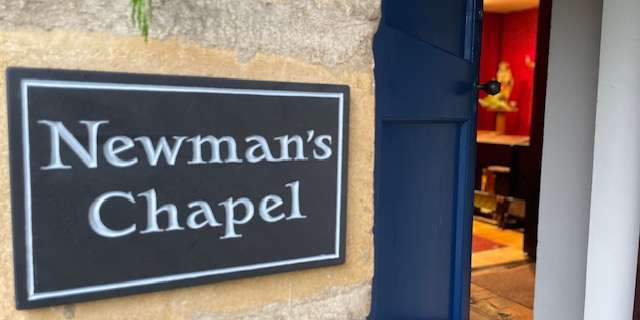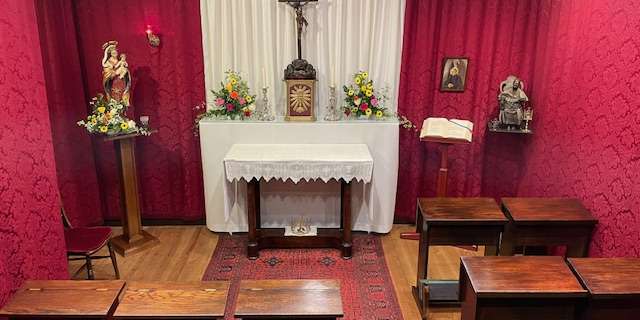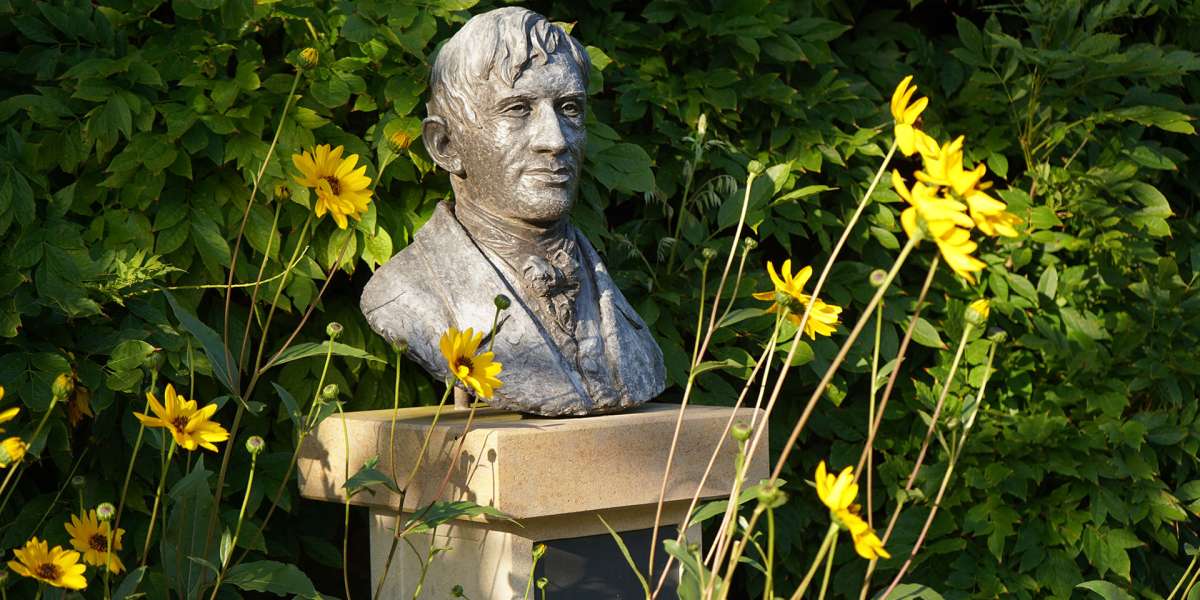04.08.2025
Fr Hermann Geissler, FSO
Littlemore - Rome
Why does Newman become a Doctor of the Church?
In which areas is Newman's teaching of eminent importance? Important is his insight that Christianity is a living truth that has its origin in God and unfolds organically in the community of the Church throughout history. His remarks on the development of doctrine and on the criteria for distinguishing between genuine and false developments in doctrine are ground-breaking and can also provide guidance in current debates.
Newman was firmly convinced that the transmission of the faith is entrusted to the whole Church. He therefore emphasised that, in addition to the clear proclamation of the faith by pastors, the intellectual service of theologians and the courageous witness of the laity are also necessary. His thoughts on the consensus of the faithful remain inspiring, especially in view of the new collaboration of pastors and laity he longed for and the discussions about the rightful inclusion of all the faithful in the life and mission of the ecclesial communion.
Newman impressively described the path of his own conversion in Apologia pro vita sua. This classic work of modern literature, sometimes compared to the Confessions of St Augustine, also has lasting significance. For faith in God and love for the Church are conveyed above all through personal witness. Furthermore, openness to conversion, prayer and the search for truth, all of which Newman clearly and most brilliantly exemplified, are fundamental principles for the ecumenical movement.
 Newman's writings utensils at The College, Littlemore
Newman's writings utensils at The College, Littlemore
Newman can also help us to grasp the genuine meaning of conscience and to distinguish it from one-sided or false conceptions. His teaching on this central theme emphasises the dignity and primacy of conscience, but at the same time the indispensable importance of the Church and the Pope. For Newman, conscience is the advocate of truth in the heart of man, the “aboriginal vicar of Christ”: a fascinating view.
Newman's reflections on faith and reason, his efforts to promote a holistic education in schools and universities, his teaching on Mary, the second Eve, inspired by the Fathers of the Church, his lectures on justification and his personalistic eschatology in "The Dream of Gerontius" also remain highly relevant today.
Throughout his life, Newman strove to reject liberalism in religion and to make Christianity understandable as truth. His sermons, novels, letters and prayers show that he carried out this service to the truth with great sensitivity and sincere love. Cor ad cor loquitur: In keeping with this motto, which he adopted as a cardinal, he turned to the hearts of his fellow human beings and tried to address them in a personal way, leading them closer to God. Such a proclamation can still touch people today.
“The characteristic of the great doctor of the Church, it seems to me, is that he teaches not only through his thought and speech, but also by his life, because within him thought and life are interpenetrated and defined. If this is so, then Newman belongs to the great teachers of the Church, because he both touches our hearts and enlightens our thinking.” With these words, Cardinal Joseph Ratzinger expressed in 1990 what has now been officially confirmed: Newman's life and thought are of eminent importance. He will soon be counted among the Doctors of the Church. We are deeply grateful that our Newman Centre has been able to contribute to the promotion and dissemination of Newman's teaching. We are convinced that Newman and his teachings will be a shining light in the darkness of our times.


